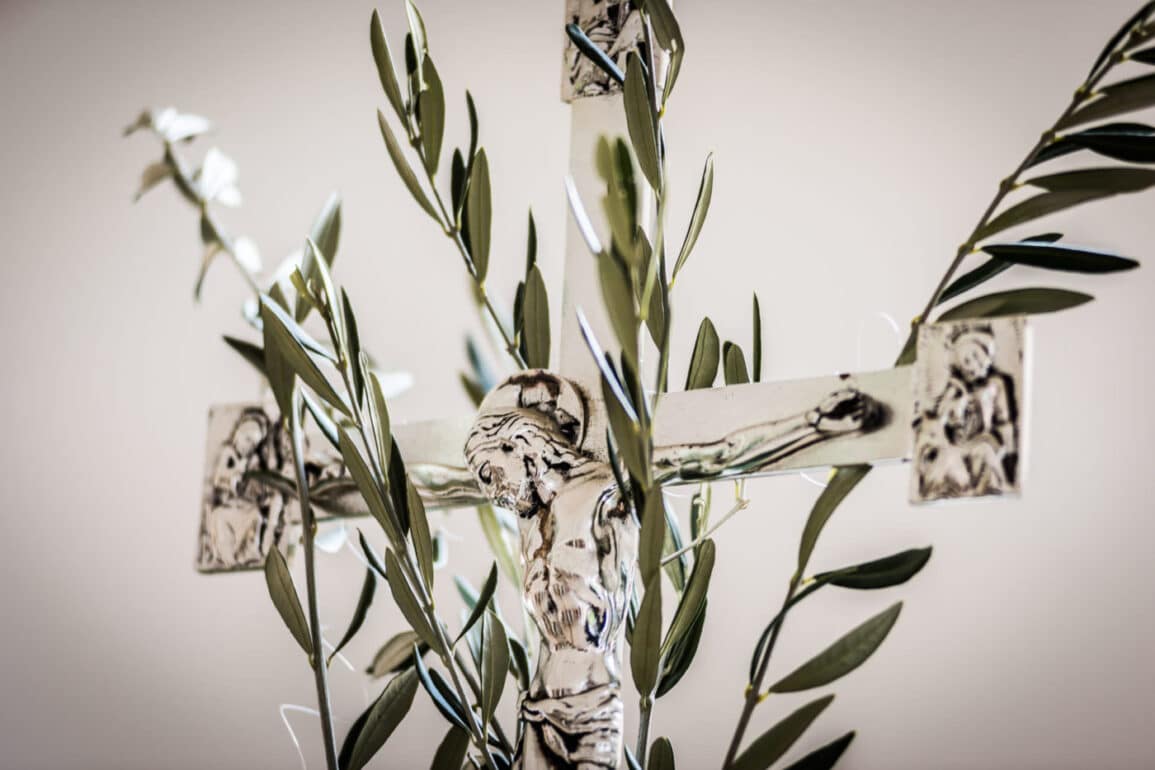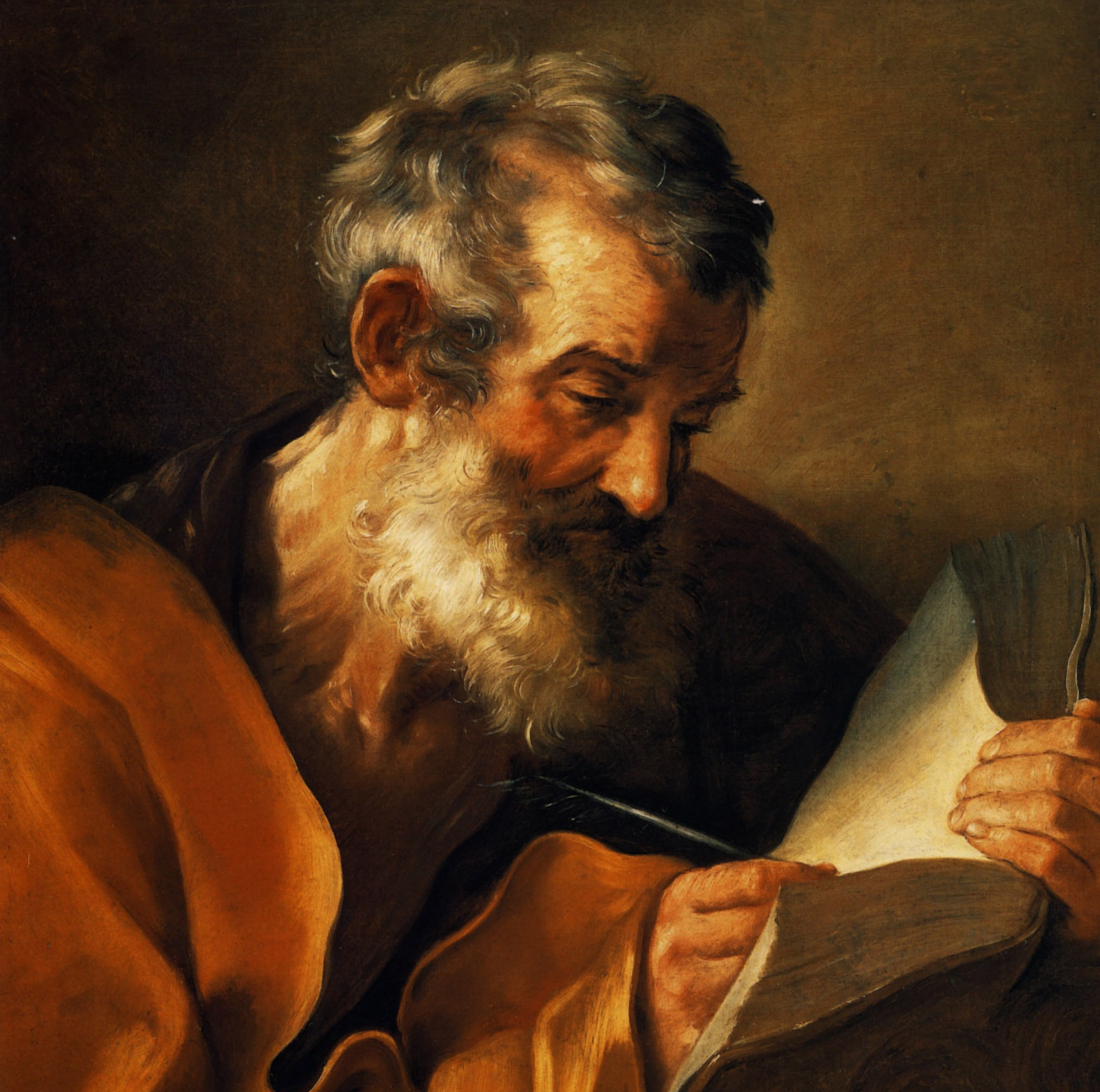Mons. Enrique Díaz Díaz shares with Exaudi readers his reflection on the Gospel of this Sunday, March 24, 2024, titled: “Blessed is he who comes in the name of the Lord”
***
Text for the Palms: Saint John 12, 12-16: “Blessed is he who comes in the name of the Lord”
Isaiah 50, 4-7: “I have not turned my face away from insults, and I know that I will not be ashamed”
Psalm 21: “My God, my God, why have you forsaken me?
Philippians 2, 6-11: “Christ humbled himself, therefore God exalted him”
Passion of Our Lord Jesus Christ according to Saint Mark. (14, 1-15, 47)
A special pilgrimage.
Palm Sunday is the memory and renewal of an entry into Jerusalem, perhaps the only manifestation that we could call the “power” of Jesus, but not the power that crushes and oppresses, but something very different. It takes much more than a donkey to impress the inhabitants of Jerusalem. The donkey, the disciples, the cloaks, the branches and a contingent, almost all of which came from outside, make up the unusual spectacle. The simplicity, humility and goodness of Jesus make it seem not like the triumphal entry of a conqueror but rather the popular manifestation of peace and joy of the poor of his Kingdom who now feel comfortable amidst the acclamations. The cry of “hosanna” can express everything that this movement means: if originally it is the supplication to God: “Lord, save now”, or “Please save us”, with the passage of time, leaving a little of its original meaning, It becomes an exclamation of praise. Thus it acquires not only the meaning of prayer and supplication, but is mixed with the deep feelings of a people who place all their hope in a Liberating God and in his Messiah.
Spreading the cloaks and cutting the branches to prepare and decorate the path has a close relationship with the festivities of the enthronement of the kings of Israel, but Jesus has made it very clear that his reign is far from the expectations of the people. They expected the appearance of a powerful, warrior and victorious Messiah, but Christ disrupts this ideology by suppressing the chariots, horses and bows for a horse prepared and chosen to show the foundations of his Kingdom: truth, justice, love and the service. Many times I have thought about the meaning of those cloaks that simple people placed at the passage of the Lord and I look at them as a sign of the way of building the new kingdom. With fragments of simple people, a new path can be built along which the Kingdom of God truly marches. It is not the hard and paved road that has to withstand the strong footfall of the horse that crushes and destroys. It is a new path, apparently fragile, composed of a cloak discolored by pain, of a piece of cloth numbed by injustice, of a patch that seeks to shelter nakedness, of the piece of branch brought from small distant communities, of the threadbare cloak of the old man or the tender blanket of the child… they all become part of this new path, intertwined, interwoven, and united that can support, encourage and give new strength to the heart.
“Blessed is the kingdom that comes” It is the expression that at the same time manifests a reality and a dream. Reality because Christ has already assumed the pains and sufferings of the people; dream, because this Kingdom requires daily construction and continuous effort to continue building. The branches are acclamation and symbolism, not of the wood that hits and destroys the people, but of the dignity of the one who walks among his disciples and followers. Branches are not cut to destroy nature, but to proclaim new life and new hope. They are branches to praise Jesus and proclaim the arrival of his Kingdom. They are branches to build a new humanity based on peace, justice and brotherhood. Today we also have to put our mantle and our branch in the great construction of the new kingdom. It will be very poor, it will be threadbare, it will have big holes that we will have to patch up, but this is how a new story and a new plot is built, following Jesus. We will raise our bouquet proclaiming that there is new hope, that despite a crazy and unhinged world, buds of true faith and true love can be seen. This is what Christ has done. He has not refused either the cloaks or the branches, but he has given them new meaning.
As if to remind us that this cry of “Hosanna” implies a serious decision in following Jesus, as soon as our procession of palms has finished, the Passion according to Saint Mark is proclaimed, with all its crudeness, with all its realism. Building the Kingdom involves giving one’s life and assuming its consequences. To the branch and the mantle, we must join the shoulder that carries the cross and stands in solidarity with the pain and despair of an immense multitude. Christ has not refused the pain of either the cross or death, nor has his follower










